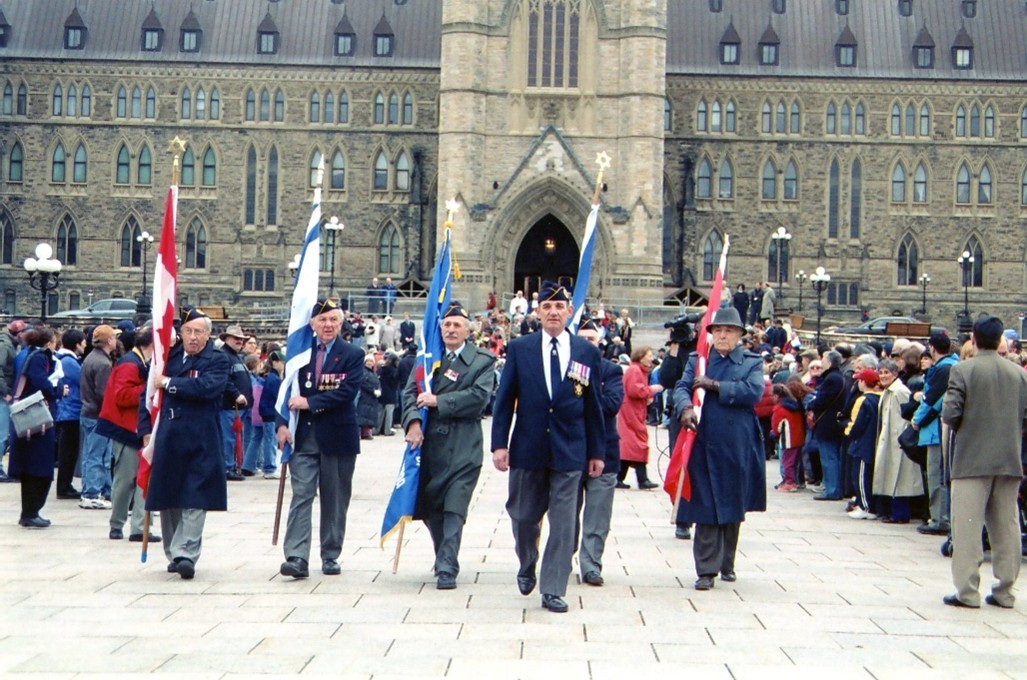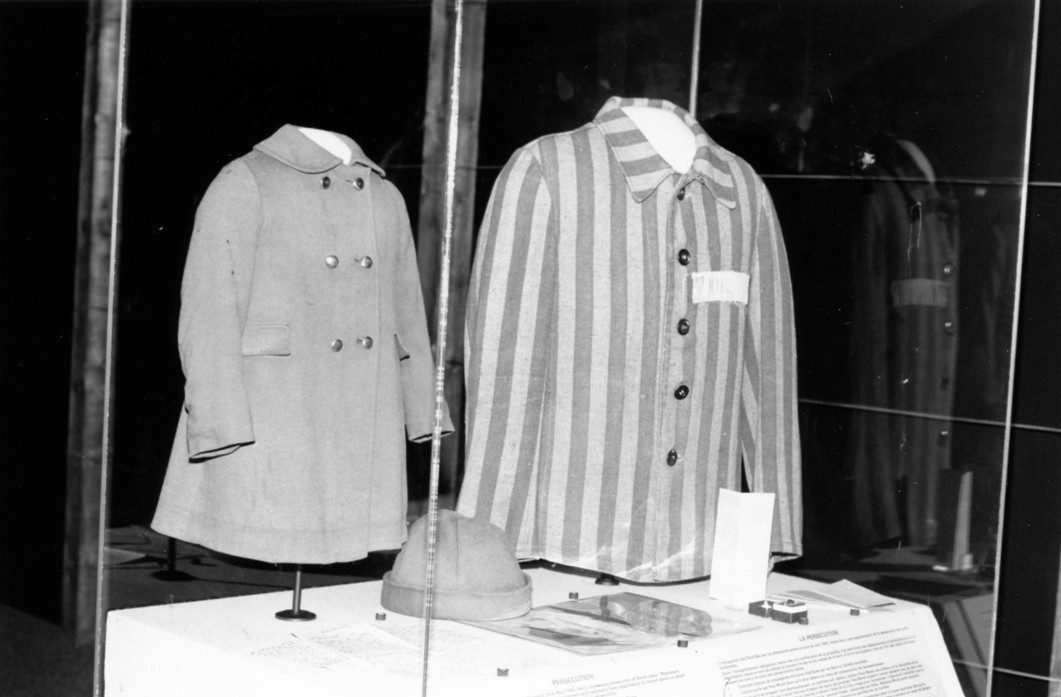
By Teigan Goldsmith Hitsman
Each November, Holocaust Education Month calls upon us to remember and ensure that the lessons of the Holocaust are never forgotten. This year, we reflect on the life and legacy of Elly Bollegraaf z“l, a child survivor who died earlier this year. Her dedication to preserving history has left a lasting impact on the Ottawa Jewish Archives and the wider community.
Born in Amsterdam in 1940, Bollegraaf’s earliest memories were shaped by war and survival. As a small child, she a sent to live with a family in Holland who cared for her until the war was over. By that point she was 6 years old and hadn’t seen her mother in four years. She remembers the fear of people questioning her brown hair to adoptive family’s blonde hair, and even a Nazi officer telling her adoptive mother to “keep that child indoors” for fear of people suspecting her Jewish lineage. These early experiences, especially those seeing the Allied soldiers helping her people towards the end of the war, instilled in her a deep understanding of the importance of documenting memory.
In 1951, Elly and her family immigrated to Canada where they built a new life. She never forgot the lessons of her childhood, and they would help guide her throughout her life: the need to remember, to document, and to tell the stories of those who could not speak for themselves.

As an adult, Bollegraaf became a devoted member of the Jewish community and an active volunteer. She had many causes she poured her time into including honouring Holocaust survivors and veterans. Throughout this time, Bollegraaf collected evidence of her work. With the Ottawa Post of Jewish War Veterans, she took photos of every single Remembrance Day ceremony and honouree event. Over the course of 10 years, she took thousands of photos which she then had developed and printed at her own cost and donated to the Ottawa Jewish Archives. Today, the Archives houses more than 1,000 photos of Ottawa’s Jewish veterans.
When she helped organize exhibits to be brought to Ottawa, like Anne Frank in the World: 1929 - 1945, she not only volunteered to give tours, but documented all the information about the exhibit and tours in print and through photos. These items also made their way to the Archives collection.

Bollegraaf was an active member of the Jewish Federation of Ottawa’s Shoah Committee for many years, making sure our survivors were remembered and properly honoured year after year. Those meeting minutes, photos, and other corresponding records were also donated to the Archives by Bollegraaf in the final years of her life.
In addition to this, she worked passionately to compile a large file of information on Ottawa’s Holocaust survivors, which now lives permanently in the Archives. This book, nearly three-inches thick, documents each Holocaust survivors’ story, where they were born, where they lived, how they survived and where they ended up after the War. She also included the children of survivors, our Second-Generation survivors, whose stories are becoming more important as our survivors pass on.
These are just a few examples of Bollegraaf’s civic engagement. The Ottawa Jewish Archives is proud to steward the materials Bollegraaf entrusted to our care. Each photograph, letter, and document is a testament to her lifelong commitment to truth and remembrance. Through her donations, the Archives continues to support educators, researchers, and community members seeking to learn about the Holocaust and the resilience of those who survived.
As we observe Holocaust Education Month, Bollegraaf’s legacy offers a reminder of why this work matters. The theme of Holocaust Education month is to promote the legacy and lessons of the Holocaust and that is reflected in every aspect of her life’s work. Her story underscores the responsibility we all share to remember, to educate, and to preserve.
Today, as the number of living survivors continues to diminish, the role of archives, educators, and communities in preserving memory becomes ever more urgent. Bollegraaf understood that documentation is not passive; it is an active, moral choice. Each preserved photograph, each saved letter, each recorded testimony becomes part of the collective effort to stand against denial, distortion, and forgetfulness.
Through her contributions, Elly Bollegraaf ensured that the past remains present — not as a burden, but as a guide. Her life reminds us that remembrance is not only an act of mourning, but also an act of hope. In safeguarding history, we have been left with a precious gift: the tools to continue learning, teaching, and bearing witness for generations to come.

All photos used are courtesy of Elly Bollegraaf z”l. Teigan Goldsmith Hitsman is the Archivist at the Ottawa Jewish Archives.
